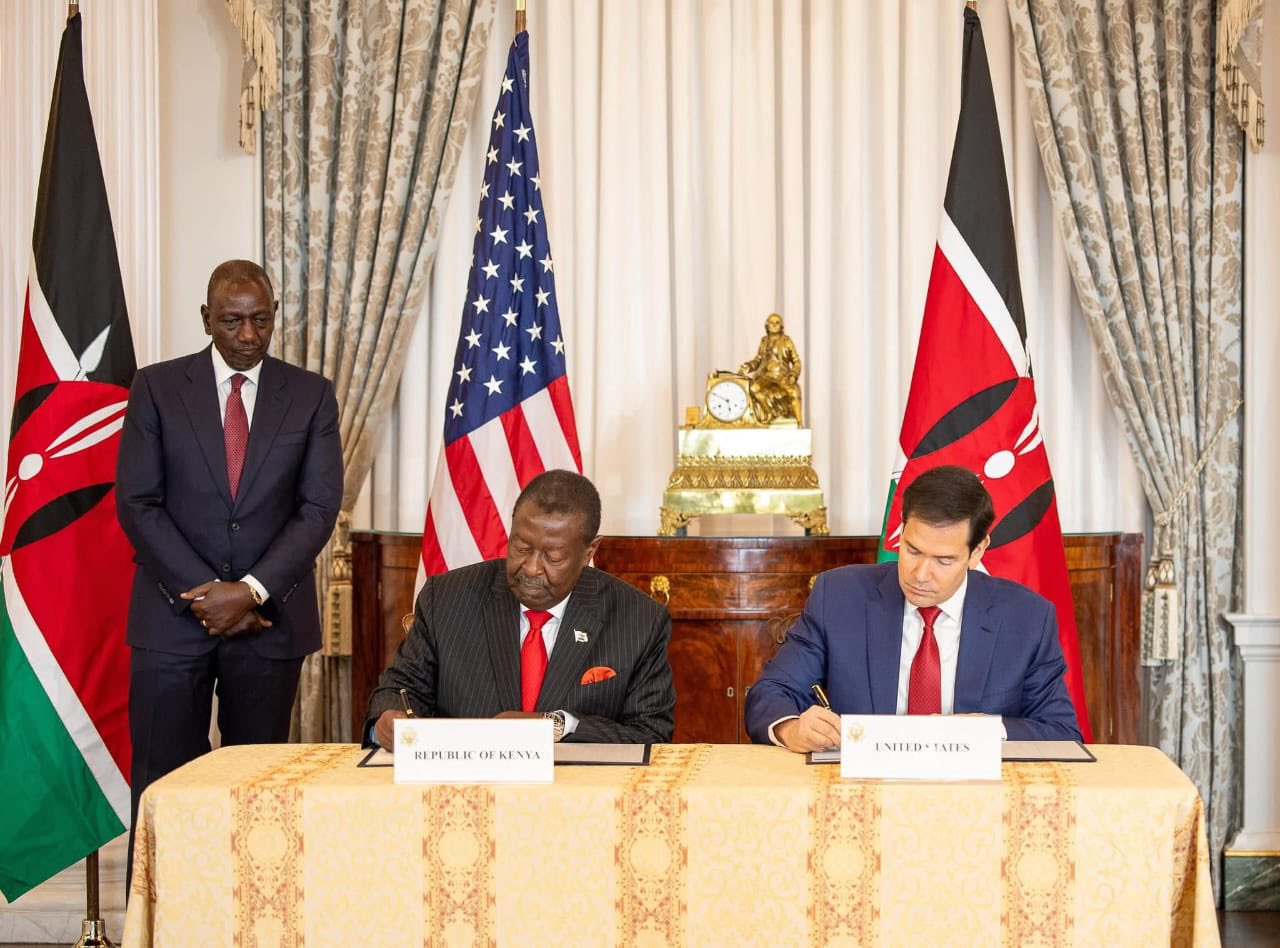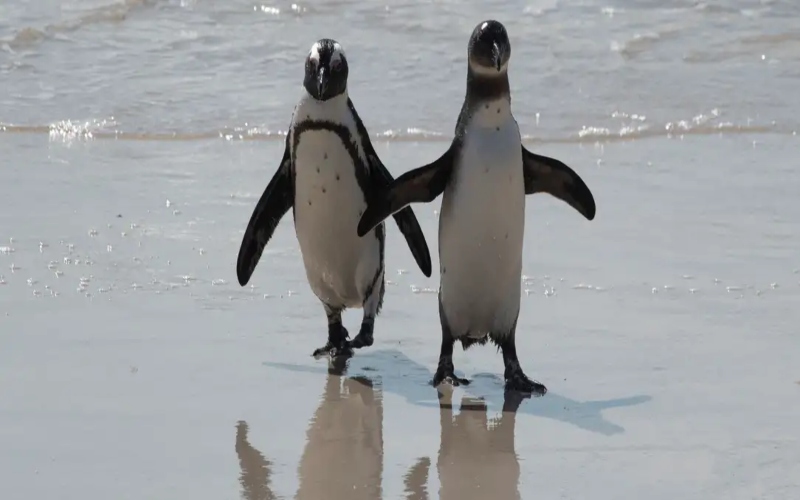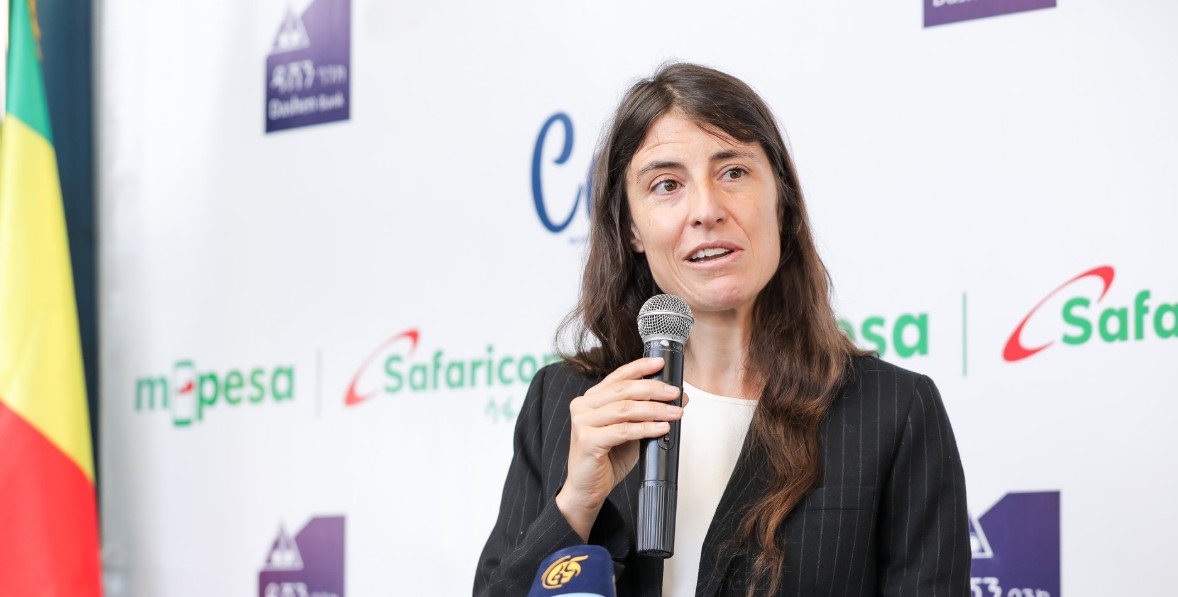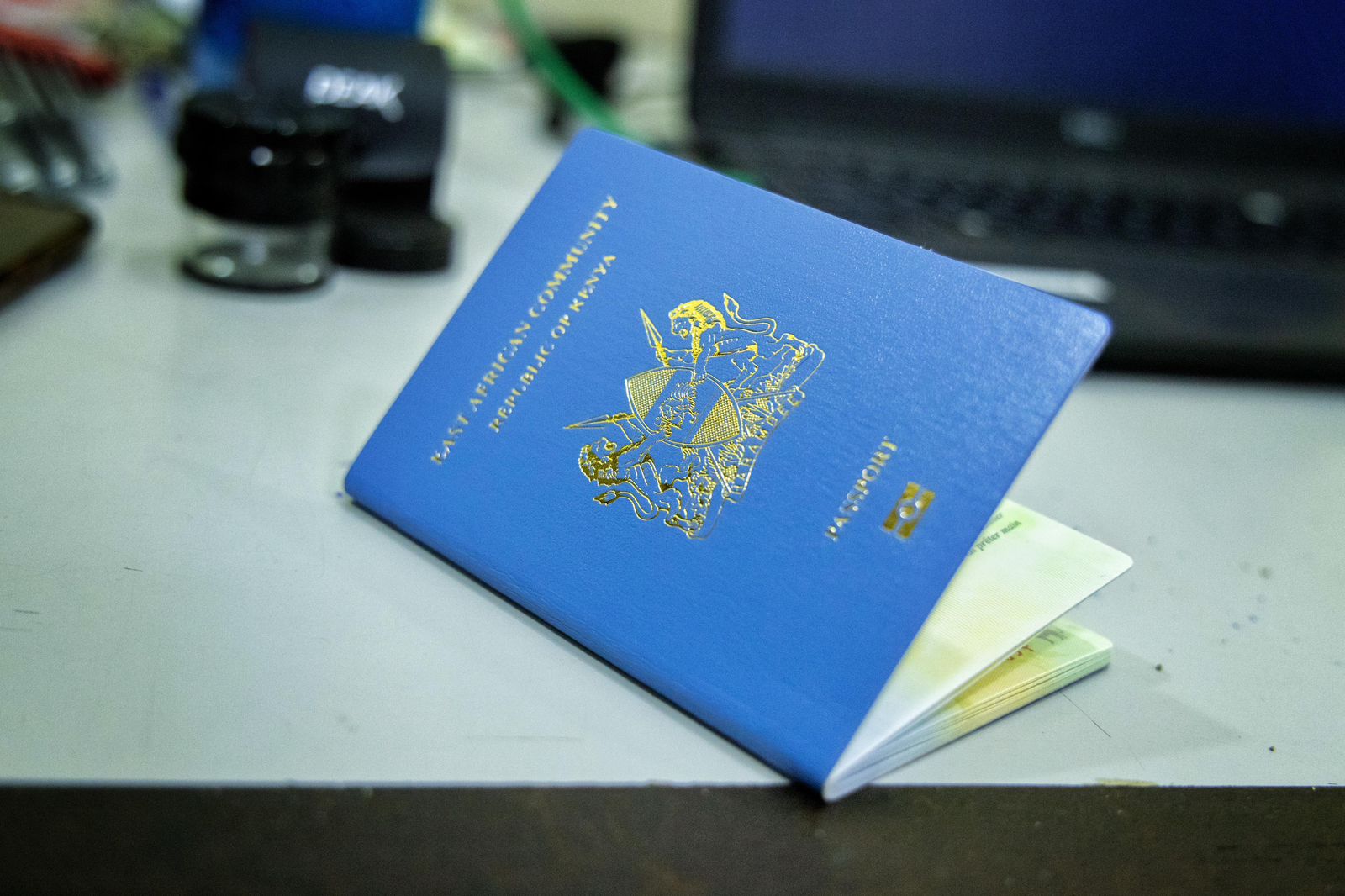Rare eastern black rhino calf born in Chyulu Hills, boosting critically endangered population

The calf was born to a first-time mother named Namunyak, which means “blessed” in Maa. Researchers estimate the baby to be about six months old, though its sex has not yet been determined.
Wildlife researchers are celebrating the birth of a critically endangered eastern black rhino calf in Chyulu Hills in Kajiado County, where a tiny population that has struggled to survive after nearly being wiped out by poaching decades ago.
The birth marks a rare and significant milestone for rhino conservation in the region.
More To Read
- KWS launches 15-day rhino ear-notching, tagging operation in Tsavo West
- Wildlife traffickers arrested in Laikipia as police seize 18kg of elephant ivory worth Sh3.6 million
- Rescue mission launched to save Masai giraffes trapped by fences in Naivasha
- Lewa, KWS launch vulture tracking project to boost raptor conservation
- KWS rescues cheetah cub raised by woman in Garissa
- Chad cuts ties with Prince Harry's wildlife charity over alleged poaching
According to ABC News, rangers first suspected a new calf this past spring when they spotted “distinct” baby rhino tracks following a mother rhino. Their suspicions were confirmed several months later through camera trap footage set up by the Big Life Foundation and the Kenya Wildlife Service, capturing glimpses of the mother and calf in the remote hills of southeastern Kenya.
The calf was born to a first-time mother named Namunyak, which means “blessed” in Maa. Researchers estimate the baby to be about six months old, though its sex has not yet been determined.
“We haven't gotten good enough photos to confirm that,” said Amy Baird, deputy director of Big Life Foundation USA. “It's usually hiding behind its mom.”
Rangers plan to name the calf once they ensure it survives, as young rhinos are highly vulnerable to both natural threats and human-caused dangers.
However, rangers have observed so far that the calf is healthy and will often exhibit adorable traits.
"Every time we see it, it's moving around and being joyful, acting like you would think a cute little baby rhino would," she said.
The calf's birth brings the number of eastern black rhinos in the Chyulu population to nine, researchers said.
Eastern black rhinos were once abundant across the region, but poaching in the 1970s for their horns, which contain keratin, nearly eradicated the subspecies.
Wildlife experts actually thought the Chyulu population was extinct until the late 1990s, when rangers found a hidden population that managed to evade humans for years, Baird said.
The rugged, volcanic terrain of the Chyulu Hills, often described as “The Green Hills of Africa”,has helped the rhinos survive by making monitoring and poaching difficult.
Conservationists stress that the Chyulu population is genetically independent, meaning every calf contributes vital diversity to the species. The region’s anti-poaching efforts, camera monitoring, and careful surveillance have played a key role in allowing these rare births.
This is the second birth the tiny population of black rhinos has experienced in the last two years. Another calf, born in late 2023, is now almost fully grown and will likely leave its mother soon, Baird said.
In addition, its mother was recently documented on a camera trap with one of the male rhinos in the area, which means she could be going into her next cycle, and another baby rhino could soon be on the way.
The Chyulu population is of "critical value" to rhino conservation because the group is a genetically independent population and has not been mixed with other populations, according to Royal African Safaris.
Bringing this population back from the brink of extinction could strengthen the entire black rhino gene pool, conservationists for the Kenya Rhino Project say.
The tiny Chyulu population is under constant surveillance by dozens of rangers as well as 48 camera traps, according to Royal African Safaris. An increase in anti-poaching efforts and monitoring may have contributed to the survival of the population as well, wildlife experts say.
Top Stories Today













































